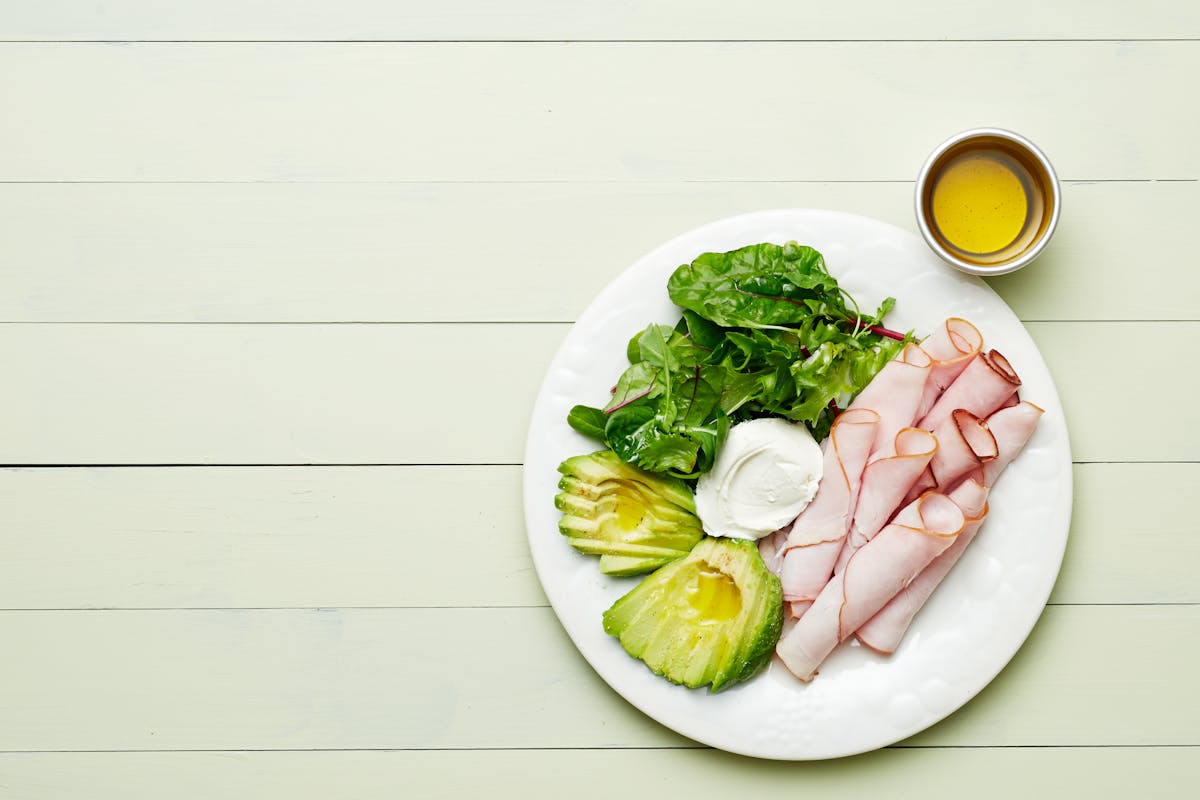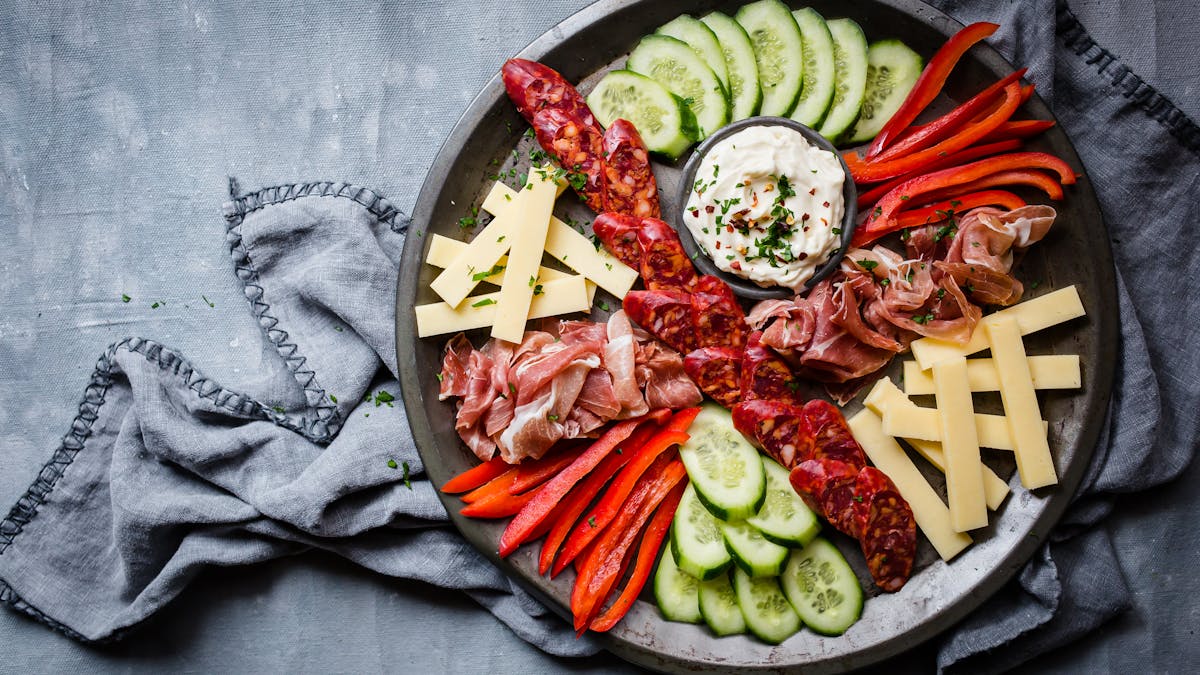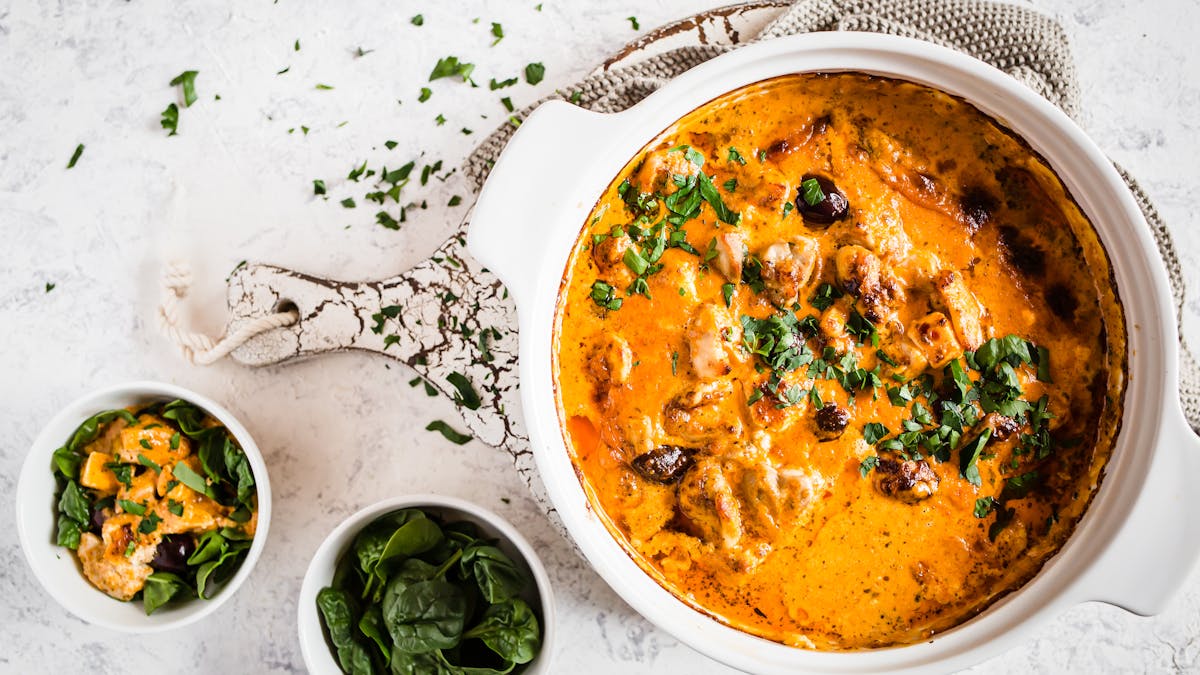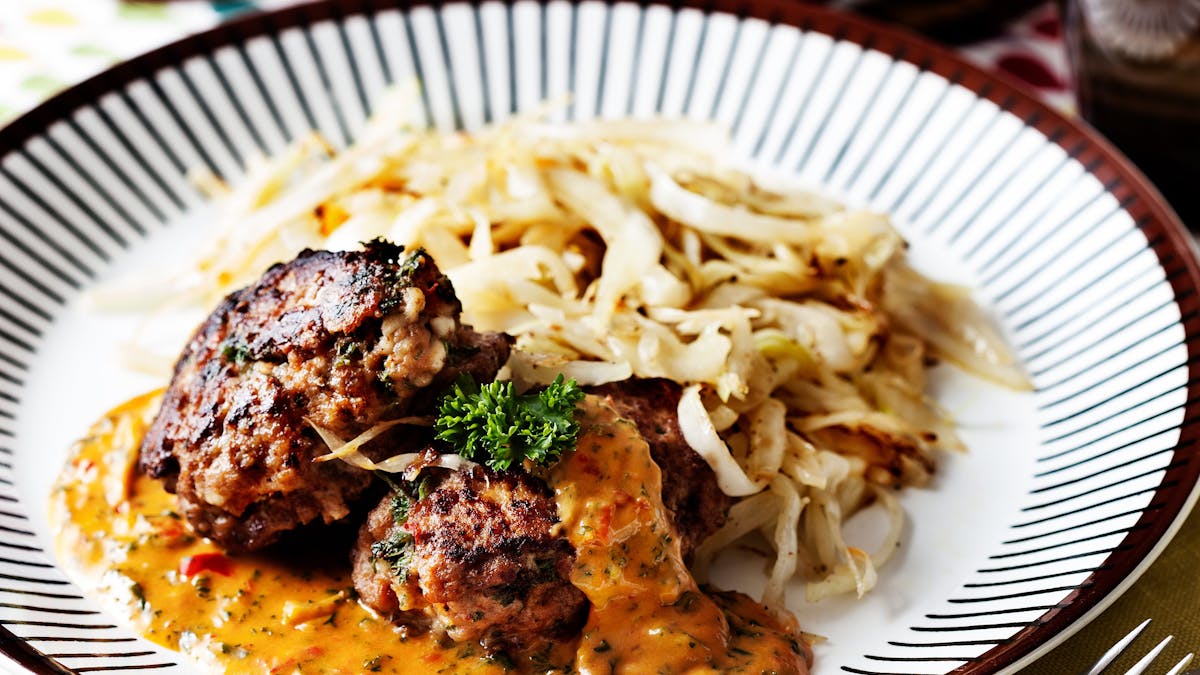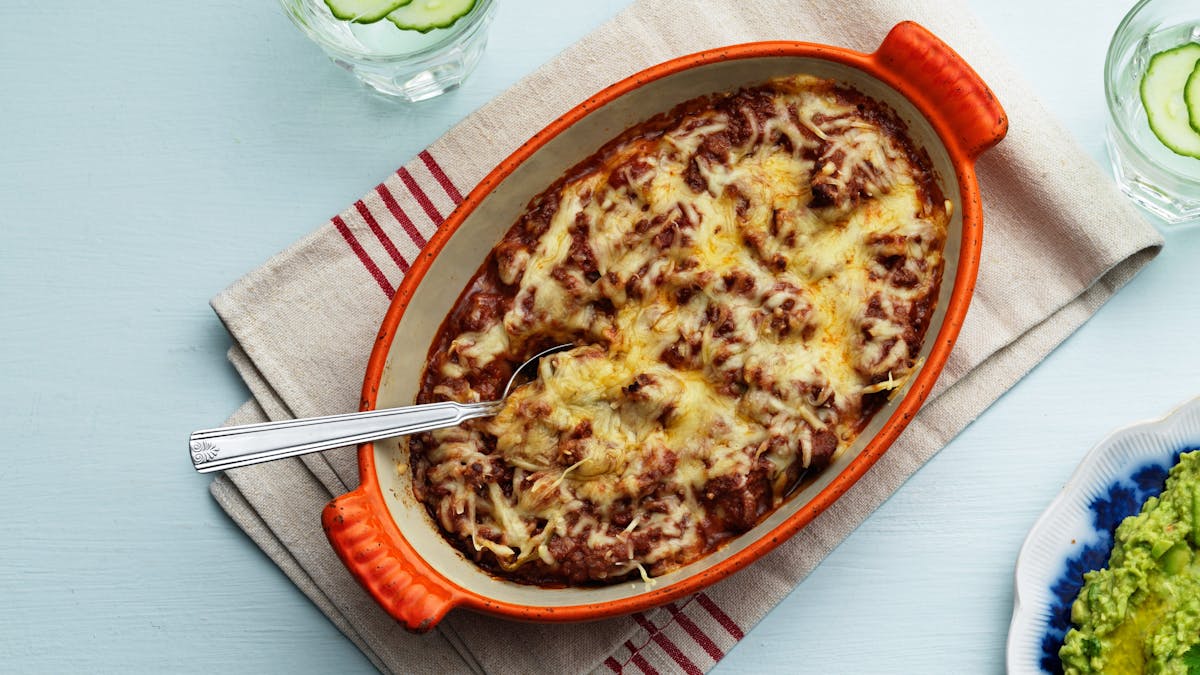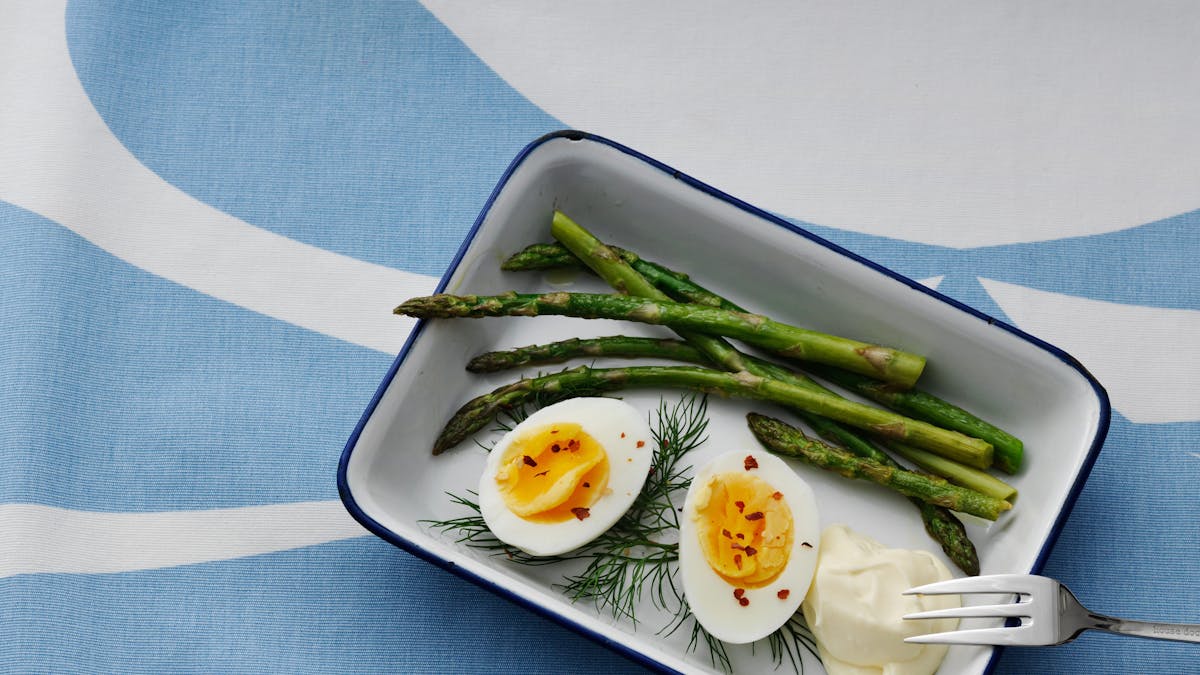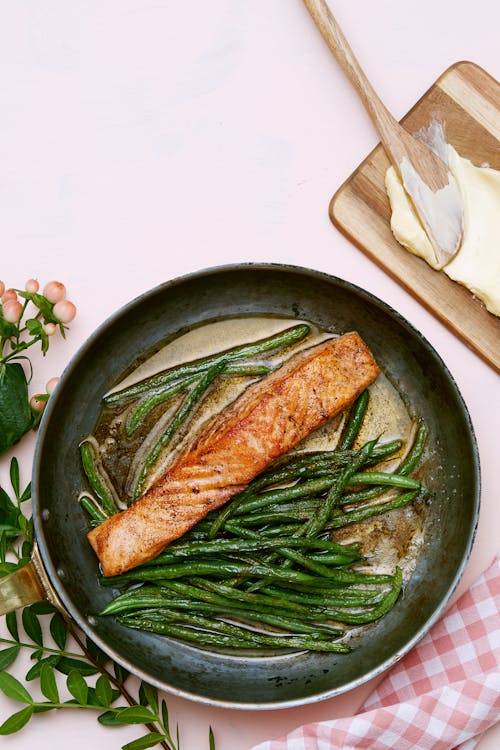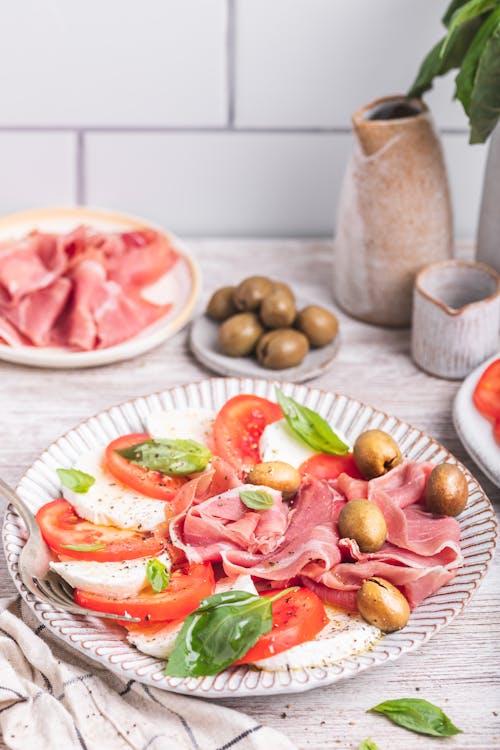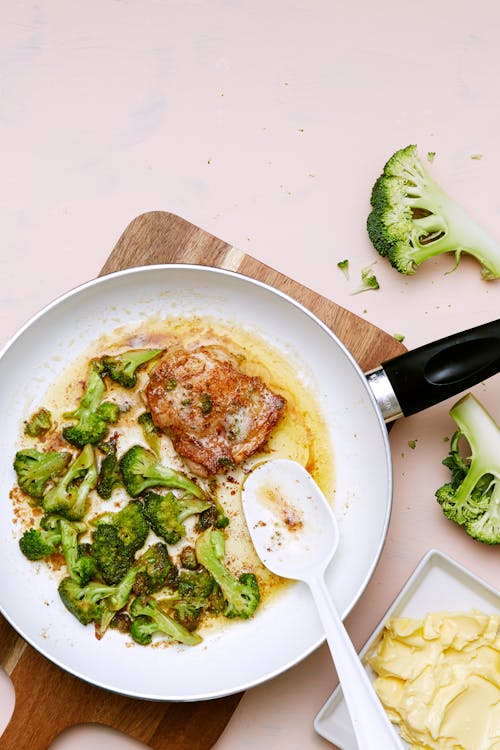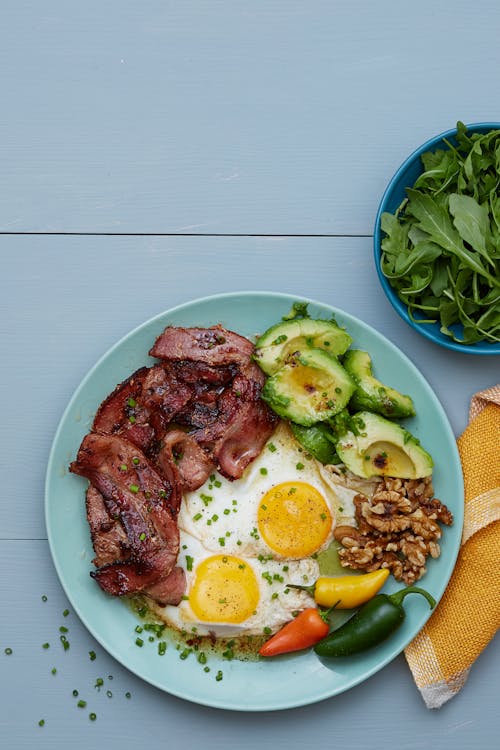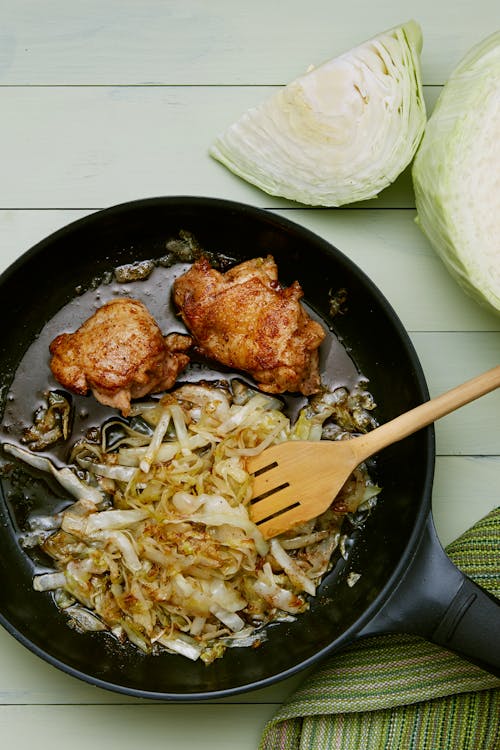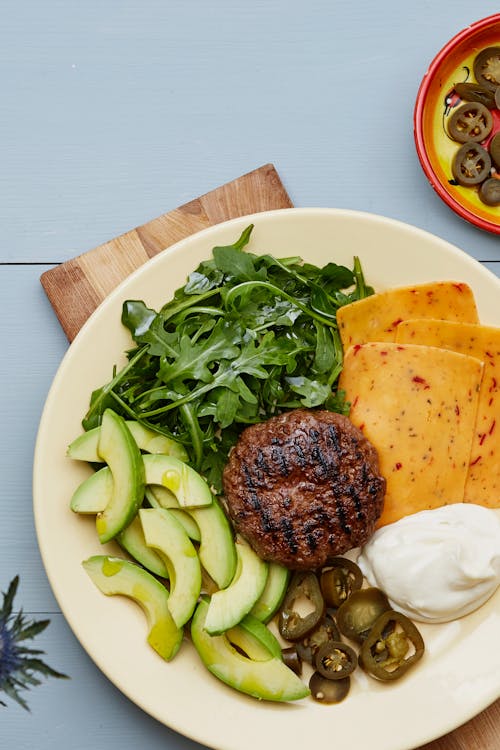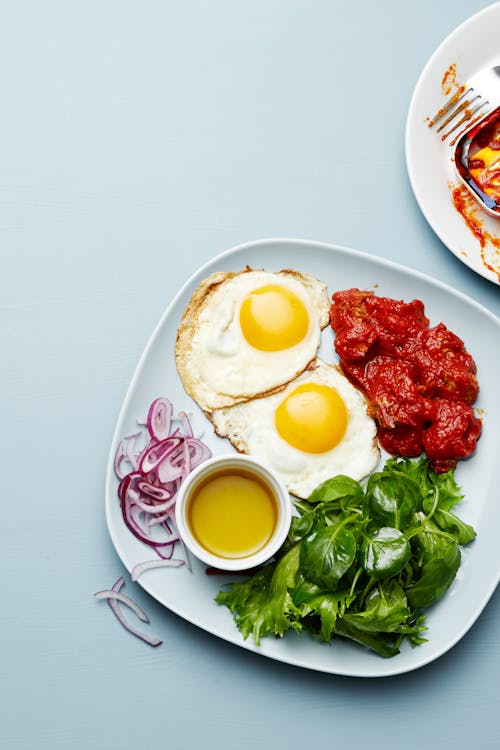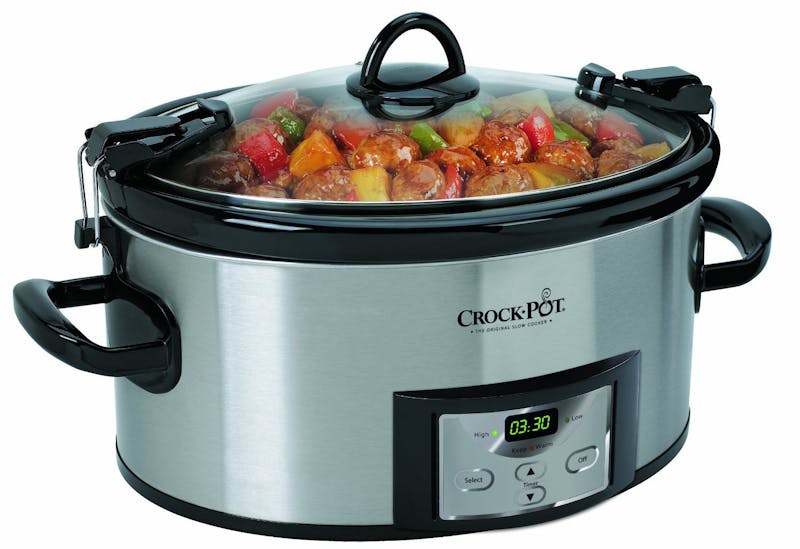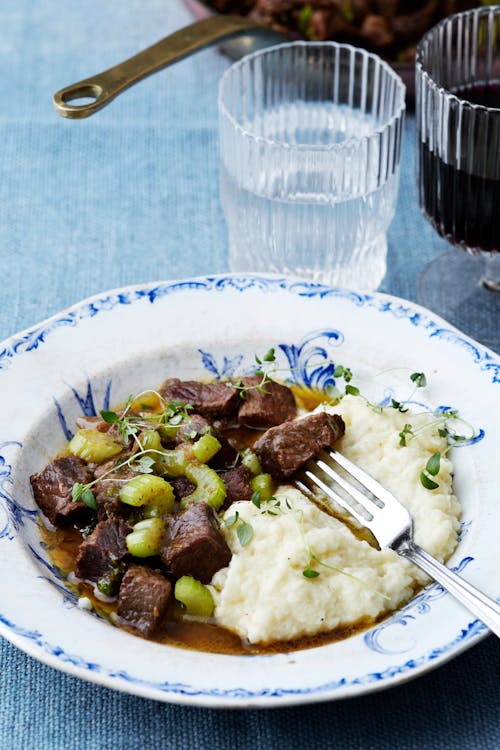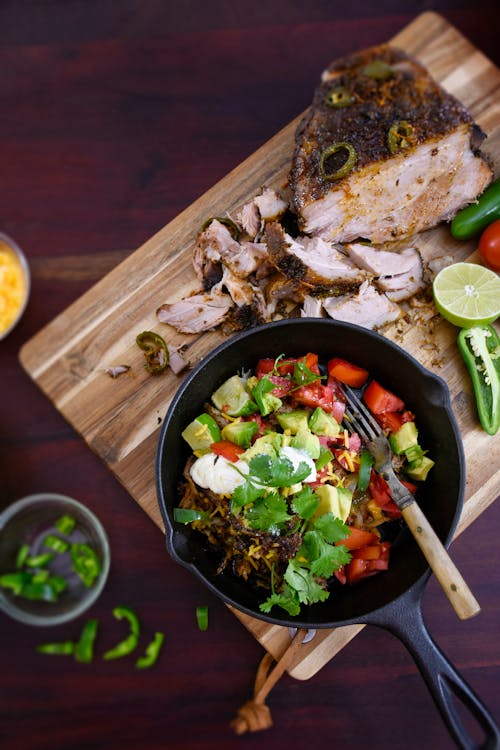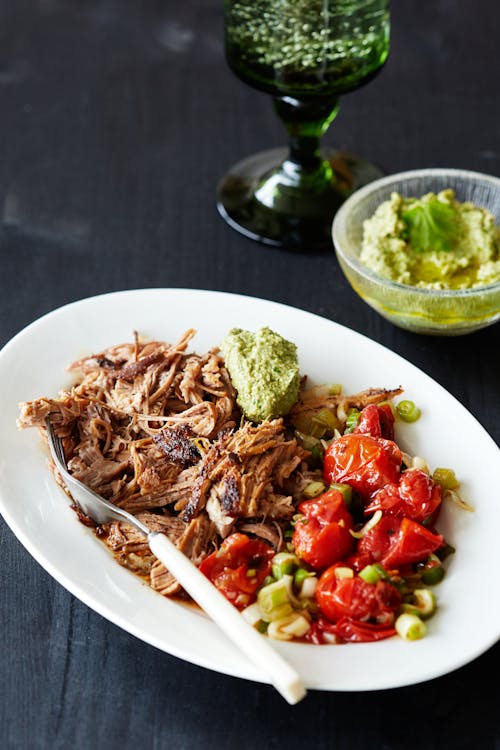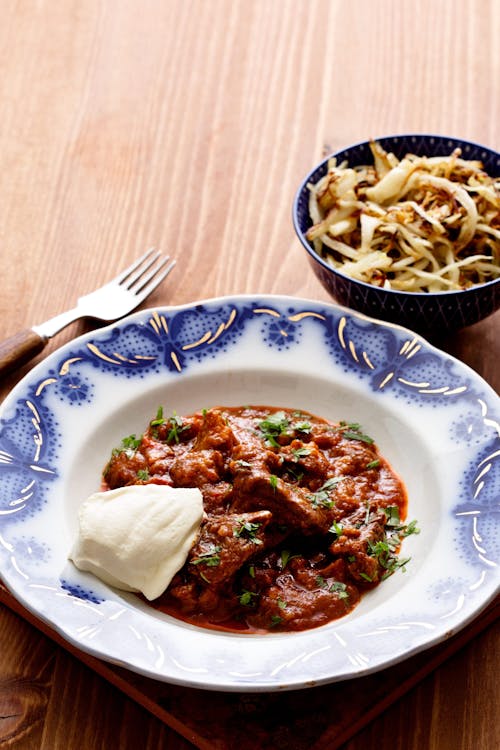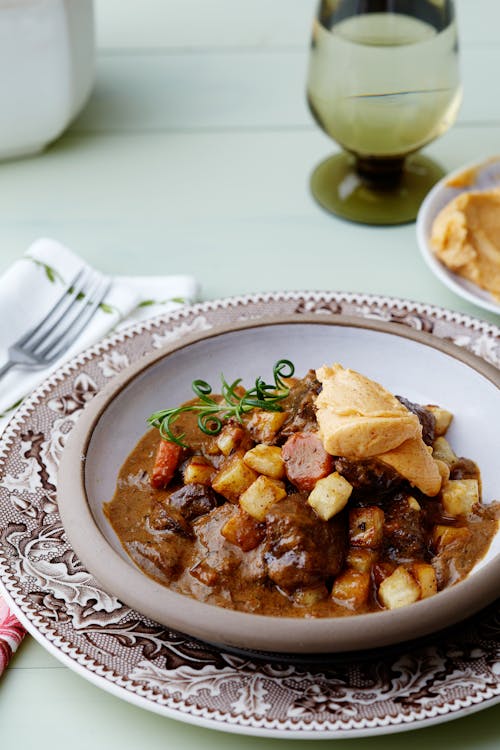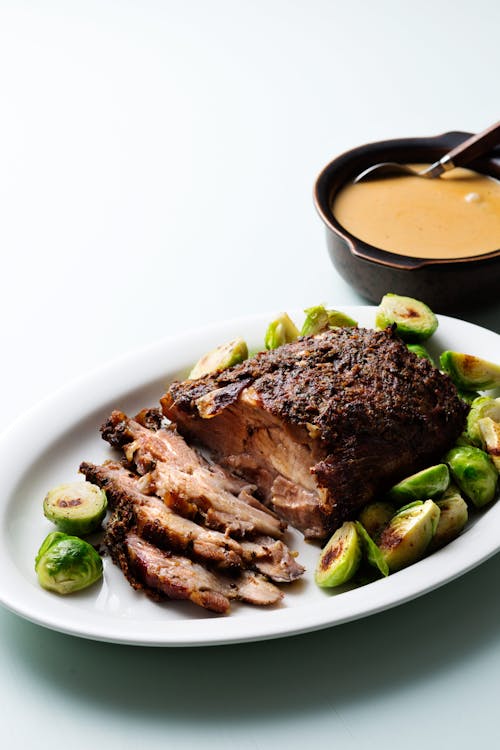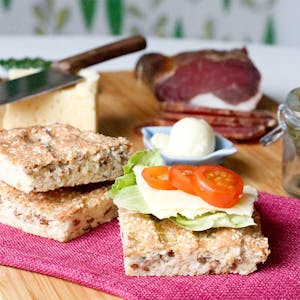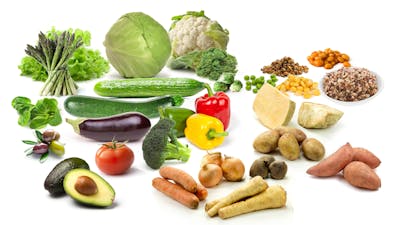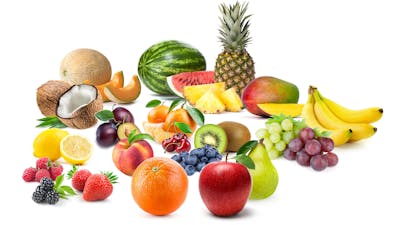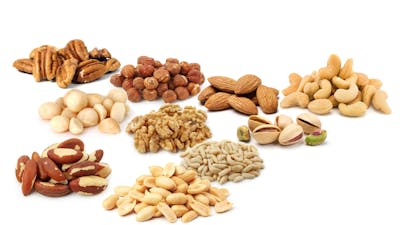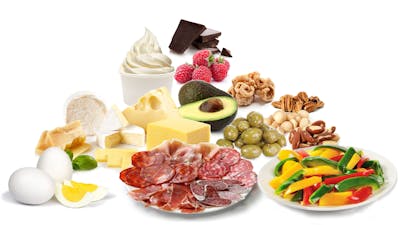6 ways to stay low carb or keto when you don’t want to cook
Below, find our best ideas for how to stay low carb when you don’t feel like cooking at all or don’t have much time to cook.
1. Drink tea or coffee

A soothing cup of tea or coffee may be just enough to curb your appetite, especially if you add some heavy cream or melted butter.1 This may take you to your next planned meal, with no cooking.
2. Eat low-carb snacks
Fill your pantry and fridge with low-carb essentials so you can quickly make a platter with one or more of these low-carb snacks instead of cooking. Be sure to include at least one protein source.
- Canned fish (tuna, salmon, sardines)
- Variety of cheeses
- Deli meat or cold cuts 2
- Avocado
- Nuts (Which are the best? Check out our guide.)
- Frozen berries or other low-carb fruits
- Cream
- Pate
- Beef jerky or pork rinds (with no sugars or wheat)
- Full-fat yogurt
- Olives
- Mayonnaise
- Healthy fats – like olive oil – to drizzle over snacks such as mozzarella or veggies
3. Reheat leftovers
Get in the habit of making double or even triple meals and vegetables. Freeze the leftovers. A meal is waiting, ready to reheat, when you don’t want to cook. Leftovers are superb for lunches too. Check out our planned leftovers worksheet for ideas.
4. Do minimal cooking
Boil an egg.3 Fry a steak or buy a hot cooked chicken (without bread stuffing or sweet sauces). Add a bag of salad, a selection of cheeses and homemade mayonnaise. Dinner can be ready in 10 minutes. Get creative with salads and use your low-carb pantry essentials.
You can also use our simple keto plates. Here’s some inspiration:
5. Learn to love your slow cooker
If you know you’ll be home late but have time in the morning (or even the night before), use your slow cooker. Slow cookers are a fabulous way to transform cheaper cuts of meat into satisfying comfort meals. This is easy ‘set and forget’ cooking.
What can you prepare in your slow cooker? Here are some great ideas to cook up:
6. Fast intermittently
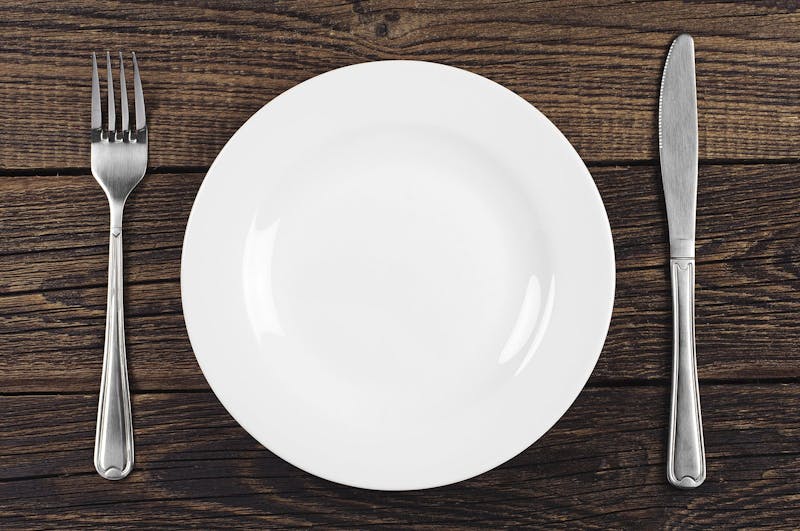


Are you really hungry? Learn to understand your appetite and eat only when hungry. This may not be an option for a family but is great for individuals. And there is no faster (pun intended!) or simpler option.
Find out everything you need to know in our complete guide, Intermittent fasting for beginners.
Summary
Try to be prepared so you’re not in this position too often: planning meals for the week or even a few days at a time will help a lot. Try to set time aside each evening to cook, or batch cook once a week.
More guides
Visual low-carb guides
Are you concerned that butter, cream, cheese and other foods foods high in saturated fat are unhealthy? In all likelihood, you don’t need to be.
Although still considered controversial by some experts, several large systematic reviews of clinical trials have found no evidence that eating foods high in saturated fat increases the risk of heart disease, early death, or other health problems:
British Medical Journal 2016: Re-evaluation of the traditional diet-heart hypothesis: analysis of recovered data from Minnesota Coronary Experiment (1968-73) [systematic review of randomized trials; strong evidence]
Nutrition Journal 2017: The effect of replacing saturated fat with mostly n-6 polyunsaturated fat on coronary heart disease; a meta-analysis of randomized controlled trials [strong evidence]
Learn more: A user guide to saturated fat ↩
Meat is a high-quality source of protein and other essential nutrients. The evidence linking it to heart disease, cancer, and other health issues is very weak: Guide to red meat: is it healthy? ↩
Eggs are an excellent source of protein. Although they’re high in cholesterol, eggs don’t seem to raise cholesterol levels much in most people, and they may even reduce some heart disease risk factors:
The American Journal of Clinical Nutrition 2018: Effect of a high-egg diet on cardiometabolic risk factors in people with type 2 diabetes: the Diabetes and Egg (DIABEGG) Study—randomized weight-loss and follow-up phase [randomized trial; moderate evidence]
Nutrients 2017: Consuming two eggs per day, as compared to an oatmeal breakfast, decreases plasma ghrelin while maintaining the LDL/HDL ratio [moderate evidence]
Current Opinion in Clinical Nutrition and Metabolic Care 2006: Dietary cholesterol provided by eggs and plasma lipoproteins in healthy populations [overview article; ungraded] ↩
